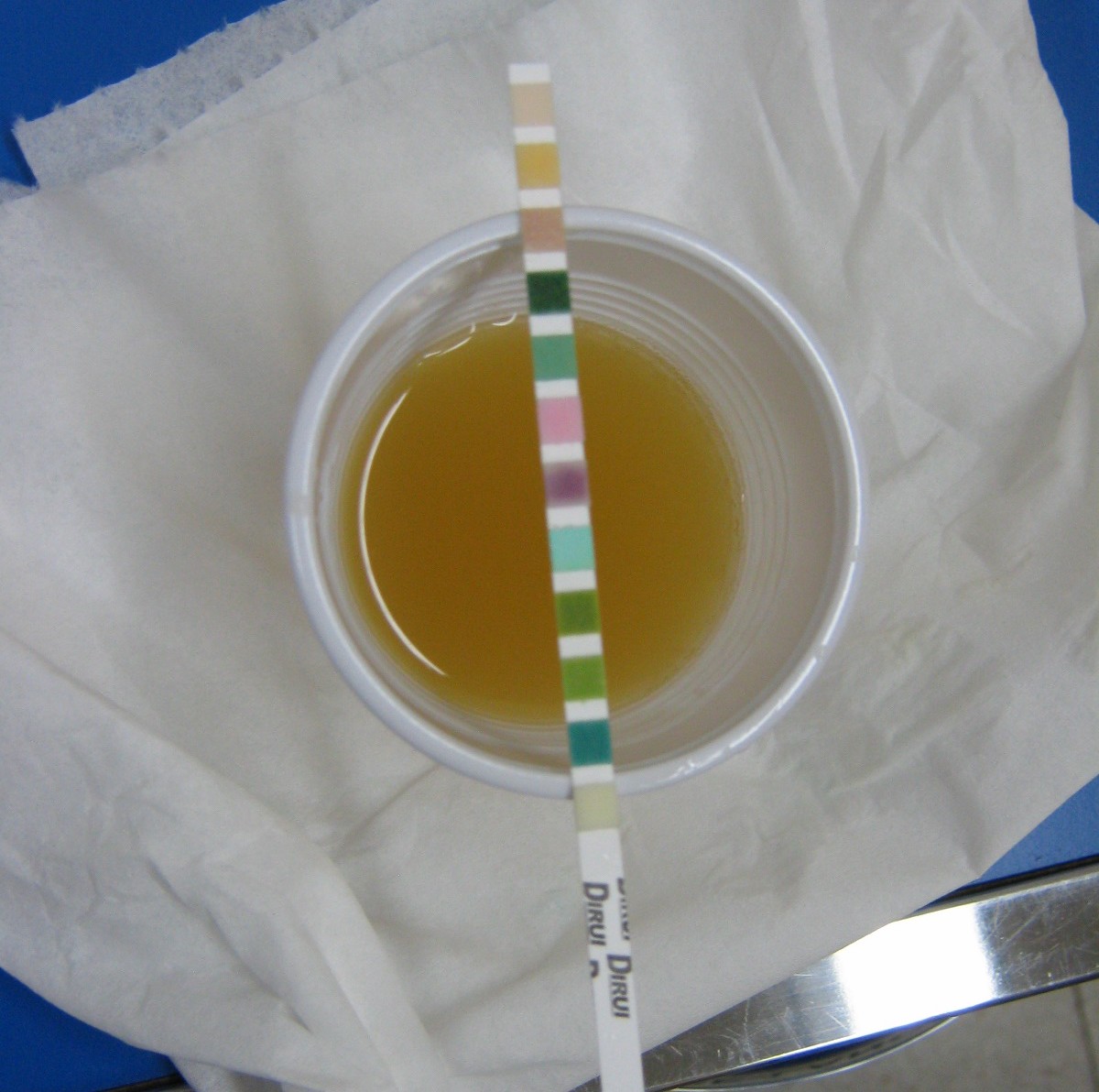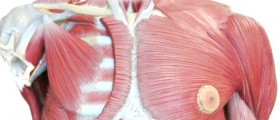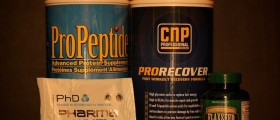
Definition
Maple syrup urine disease is a genetic disorder reflecting with problems in metabolism. It is inherited and belongs to a group of autonomous recessive illnesses. The basic concept of the disorder lies in inappropriate breaking down of three amino acids called leucine, isoleucine and valine. These three amino acids are components used either in a buildup of proteins within body or are used as a form source of energy. The excess of these acids is used again in processes of energy production or they are further broken down by a special complex which includes 6 proteins. In case that any of these 6 proteins is missing the process is impeded and the result is fatal accumulation of leucine, isoleucine or valine within the body. The surpluses of these amino acids leads to damage of the organs among which the most damage is caused to the brain. This disorder represents with genetic insufficient or defect of one or more of these 6 proteins. If the diagnosis of maple syrup urine disease is not established timely and treated properly it soon leads to death.
Symptoms of Maple Syrup Urine Disease
There are several varieties of the disorder and they range from mild to rather severe forms. Each of them features specifically.
A newborn baby may look normal after the birth. Still in a period of only few days, the characteristic symptoms and signs of the disease develop. Babies do not eat enough and the loss of appetite is quite visible. They are irritated and nervous. The urine has specific sweet smell which is a consequence of presence of amino acids. The smell resembles the one of maple syrup and this is how the disease got the name. The accumulation of amino acids in the brain leads to seizures, loss of consciousness and coma. The lethal outcome is possible within few months after the birth. The diagnosis is easily established by investigating the levels of leucine in the blood. Luckily in many states the screening test for this disorder is obligatory within 24 hours after the birth.
Treatment
The treatment includes the restriction in standard dietary regimes. The intake of amino acids that lead to symptoms, leucine, isoleucine and valine has to be drastically reduced. This means that babies need to be fed with special formula that does not contain any of these. This is the only way to keep the brain from possible damage. As the child grows he/ she is due to stick to specific dietary regimes with low restriction in intake of food rich in proteins. This especially refers to meat.
In case that levels of these amino acids are increased the patients are intravenously administered specific solutions that are in charge of protein synthesis by the usage of three dangerous amino acids.
There are specific surveys which explore the future possibility of gene therapy.
















Your thoughts on this
Loading...